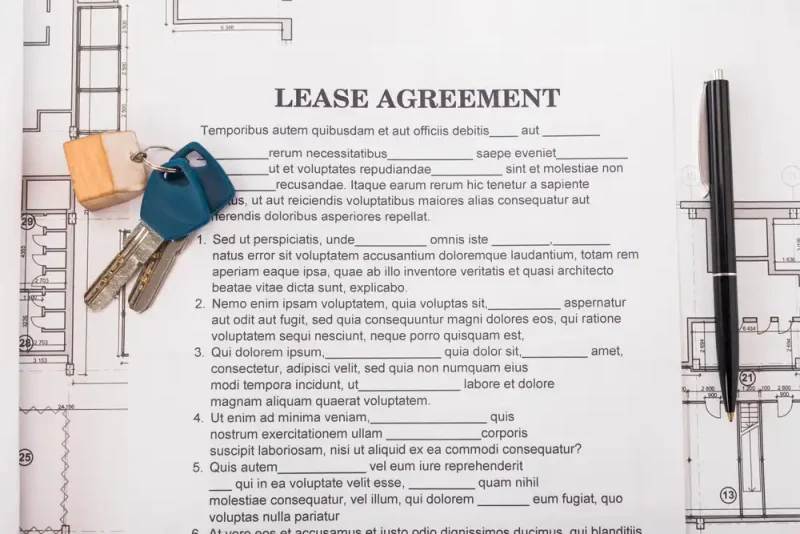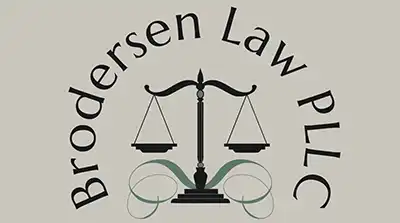Signing a commercial lease is a major commitment for any business owner. Whether you are opening your first location, expanding your company, or relocating to a new space, a commercial lease will directly impact your financial stability, day-to-day operations, and long-term success. Unlike residential agreements, commercial leases offer fewer legal protections and far more complexity, making it essential to understand what you are signing before committing. Being informed can help you negotiate better terms, avoid hidden expenses, and protect your business from costly disputes.

Understanding the Different Types of Commercial Leases
Before signing anything, it is important to know which type of commercial lease a landlord is offering. Each structure affects how much you pay and what responsibilities you hold. A gross lease is the simplest; the tenant pays a fixed rent amount while the landlord covers taxes, maintenance, and insurance. This type is easier to budget for but may come with a higher base rent. A net lease shifts some costs to the tenant, typically property taxes, insurance, or maintenance fees. There are single, double, and triple net leases, with triple net being the most landlord-friendly because the tenant pays nearly all expenses. A modified gross lease blends elements from both sides, and the parties negotiate which costs each will cover. Understanding the structure is a key step toward evaluating whether the agreement is fair and sustainable for your business.
Carefully Reviewing Rent Terms and Increases
Your rent payment is only one part of the financial picture. Commercial leases often include annual increases, variable rent schedules, or formulas tied to market conditions. Some landlords use percentage-based rent structures, where your payment rises based on your business revenue. While these arrangements might look attractive upfront, they can become expensive as your business grows. Tenants should also examine rent escalation clauses, which determine how and when rent increases occur. In many cases, the lease allows the landlord to adjust rent based on operating expenses or inflation indexes. Clear, predictable rent terms make budgeting easier and reduce the risk of unexpected financial pressure.
Understanding Your Maintenance and Repair Responsibilities
Maintenance obligations represent one of the most overlooked aspects of commercial leases. Many tenants assume the landlord handles repairs, but in several lease structures, the tenant must maintain everything inside the premises—and sometimes much more. Some agreements require tenants to repair HVAC systems, plumbing, electrical components, or windows, regardless of age or prior condition. Before signing, you should understand exactly which areas you are responsible for and whether the space is in good working order. Requesting a property inspection or move-in checklist can help identify existing issues and prevent you from taking on unnecessary repair costs later.

Considering Lease Length and Renewal Options
Commercial leases typically last longer than residential ones, often ranging from three to ten years. While a long term can secure favorable rent, it can also trap your business if circumstances change. Shorter leases offer flexibility but may come with higher rent or fewer tenant improvements. Renewal options are just as important as the initial term. A renewal clause gives you the right—not the obligation—to extend the lease under predetermined conditions. Without one, a landlord can increase rent significantly or lease the space to someone else, leaving your business without a location. Your renewal terms should be clear, detailed, and financially reasonable to protect your long-term stability.
Negotiating Tenant Improvements and Build-Outs
Many commercial spaces require customization before your business can operate. Tenant improvements, also known as build-outs, include changes such as adding walls, installing flooring, updating lighting, or redesigning the layout. Understanding who pays for these improvements is essential. In some agreements, the landlord offers a tenant improvement allowance, which covers a portion of the construction costs. In others, the tenant must cover everything. Make sure the lease specifies timelines, approval requirements, and ownership of improvements when the lease ends. Negotiating these terms upfront ensures the space meets your needs without creating financial strain.
Evaluating the Location’s Zoning and Permitted Uses
A commercial space may look perfect, but zoning laws ultimately determine what type of business can operate there. Before signing, verify that the property’s zoning classification aligns with your business activities. Some leases include a permitted-use clause, limiting what you can do in the space. If your business model evolves or expands, strict clauses may prevent you from offering new services. Likewise, exclusive-use clauses can be beneficial; they prevent the landlord from renting to a direct competitor within the same building or complex. Ensuring legal compliance and clear use rights protects your investment and helps avoid conflicts.
Assessing Operating Expenses and Common Area Costs
In many commercial buildings, tenants share the cost of maintaining common areas such as parking lots, hallways, lobbies, or landscaping. These expenses, known as CAM (common area maintenance) charges, can vary widely and increase annually. It is essential to understand how CAM charges are calculated, what they include, and whether the landlord must provide documentation before raising fees. Some leases allow landlords to pass through large expenses such as roof replacements or major repairs, which can result in sudden cost spikes. Clear and detailed CAM provisions prevent unexpected financial burdens throughout the lease term.
Reviewing Subleasing and Assignment Rights
Business needs can change unexpectedly, and it is important to maintain flexibility. Subleasing and assignment rights determine whether you can transfer your lease to another tenant or sublease part of the space if your business downsizes, relocates, or closes. Without these rights, you may be stuck paying rent for a space you no longer use. A strong lease allows for subleasing with reasonable landlord approval. Protecting your ability to transfer the lease gives your business a valuable safety net.
Understanding Personal Guarantees and Legal Liability
Many commercial leases require a personal guarantee, meaning the business owner becomes personally responsible for the rent and other financial obligations. This can put your personal assets at risk if the business struggles. Before signing, evaluate the extent of the guarantee, whether it is limited or unlimited, and if there are ways to negotiate a more favorable arrangement. Some agreements allow the guarantee to decrease or expire after the business demonstrates financial stability. Clarifying liability terms safeguards both your business and your personal finances.
Why Legal Review Is Essential
Commercial leases are complex contracts designed primarily to protect the landlord. Having an experienced attorney review the document ensures your rights and interests are fully protected. An attorney can identify hidden fees, unfavorable terms, or clauses that could jeopardize your company down the road. Legal guidance empowers you to negotiate stronger terms and avoid costly disputes.
Call Today To Discuss
A commercial lease is one of the most important documents your business will ever sign. Understanding financial obligations, maintenance responsibilities, lease length, improvements, zoning rules, and legal liability ensures you make an informed decision. With careful review and the right legal support, you can negotiate terms that protect your business, promote long-term growth, and create a stable foundation for success. If you want to safeguard your investment and secure the best possible agreement, consulting with an experienced attorney at Brodersen Law is the smartest step you can take before signing a commercial lease.
